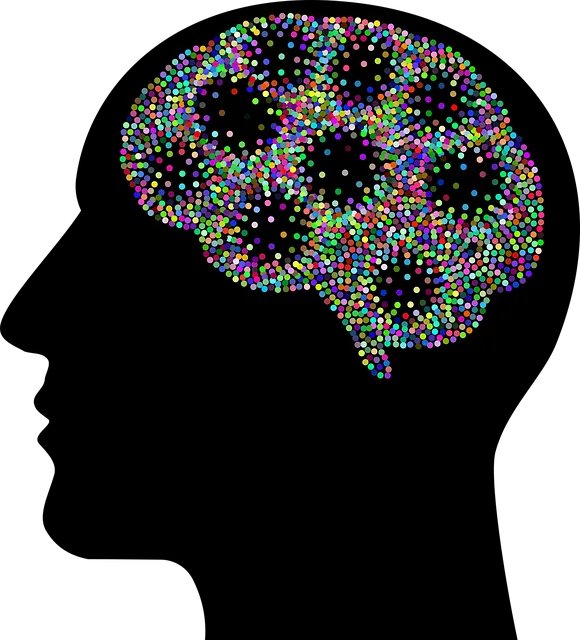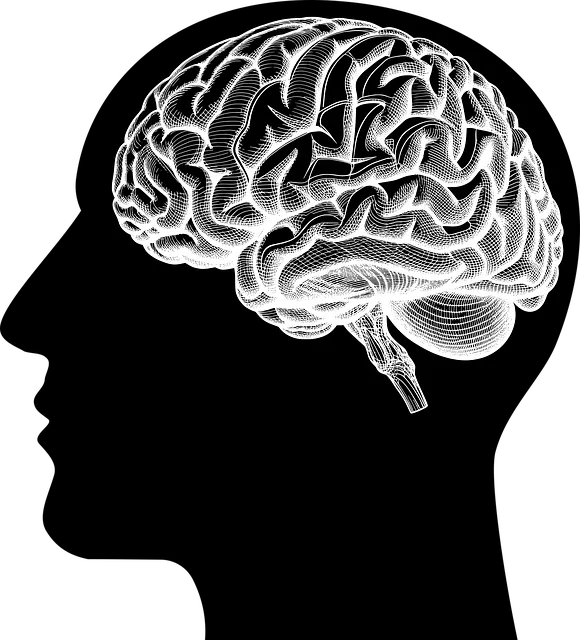Kaiser Permanente mental health facility Northglenn has adopted the RFM (Resilience, Flexibility, Mental Agility) model for patient care, focusing on adaptability in adversity. Through community outreach programs and tailored communication strategies, they equip patients with robust coping mechanisms. Interactive resilience-building exercises integrated into wellness programs empower individuals to manage stress, resolve conflicts, and improve overall well-being, benefiting both personal lives and the Kaiser Permanente community. Success is measured through clear metrics, continuous evaluation, and refinement based on quantitative data and participant feedback, ensuring tailored mental health care.
“Discover how Kaiser Permanente Northglenn pioneered a transformative approach to mental health care through the implementation of RFM (Resilience, Flexibility, and Mindfulness) exercises. This article explores the profound impact of RFM on patient well-being within mental health facilities, drawing insights from its successful adoption at Kaiser Permanente Northglenn. We’ll delve into practical strategies for measuring success and fostering continuous improvement, offering valuable lessons for enhancing resilience in healthcare settings.”
- Understanding RFM and its Impact on Mental Health Facilities
- Implementing Resilience Building Exercises at Kaiser Permanente Northglenn
- Measuring Success and Continuous Improvement Strategies
Understanding RFM and its Impact on Mental Health Facilities

At Kaiser Permanente mental health facility Northglenn, recognizing the significance of resilience and emotional well-being, professionals have embraced RFM (Resilience, Flexibility, and Mental Agility) as a transformative approach to patient care. This model goes beyond traditional therapy by focusing on fostering adaptability in the face of adversity, which is particularly crucial for individuals navigating mental health challenges. By integrating RFM principles, the facility aims to empower patients with effective coping mechanisms and enhance their overall resilience.
The implementation of RFM strategies within the Kaiser Permanente Northglenn community extends beyond individual treatment plans. It involves innovative Community Outreach Program Initiatives that encourage participation in group activities promoting emotional healing processes. Additionally, tailored communication strategies are employed to ensure patient engagement and support, creating a nurturing environment that encourages mental agility and resilience-building exercises.
Implementing Resilience Building Exercises at Kaiser Permanente Northglenn

At Kaiser Permanente Northglenn, a leading mental health facility, resilience building exercises have been successfully integrated into their wellness programs. This initiative aims to empower individuals with effective tools to navigate life’s challenges and promote overall well-being. The exercises focus on various aspects of mental health awareness, including stress management and conflict resolution techniques.
Through interactive sessions, participants learn and practice strategies to build resilience, enhance coping mechanisms, and foster positive relationships. These activities not only benefit the individuals in their personal lives but also have a ripple effect within the Kaiser Permanente community. By investing in these exercises, the facility demonstrates its commitment to holistic mental health care, ensuring that patients leave with valuable skills for a more fulfilling and resilient life.
Measuring Success and Continuous Improvement Strategies

Measuring success is a vital aspect of any resilience-building initiative at Kaiser Permanente mental health facility Northglenn. By establishing clear metrics and evaluating progress, the program’s effectiveness can be accurately assessed. This involves tracking improvements in participants’ stress management skills, mood regulation abilities, and overall resilience levels before and after the exercises. Quantitative data, such as survey responses and performance on structured assessments, provides a solid foundation for gauging change.
Continuous improvement strategies are then implemented based on these findings. Identifying areas of strength and weakness allows for tailored adjustments to the Resilience Building program. Incorporating feedback from participants and mental health professionals ensures that exercises remain relevant and impactful. Over time, this iterative process enables the Kaiser Permanente Northglenn facility to refine its approach, maximizing benefits for individuals seeking support in managing stress and mood while cultivating resilience.
The implementation of RFM (Resilience, Flexibility, and Mental Health) programs in mental health facilities, as demonstrated by Kaiser Permanente Northglenn’s successful initiative, offers a promising approach to enhancing patient care. By integrating resilience-building exercises into routine practices, these programs empower individuals to navigate challenges and improve overall well-being. As the demand for mental health services continues to grow, adopting such innovative strategies can significantly benefit Kaiser Permanente mental health facilities in Northglenn and beyond, fostering more resilient and adaptable communities.






